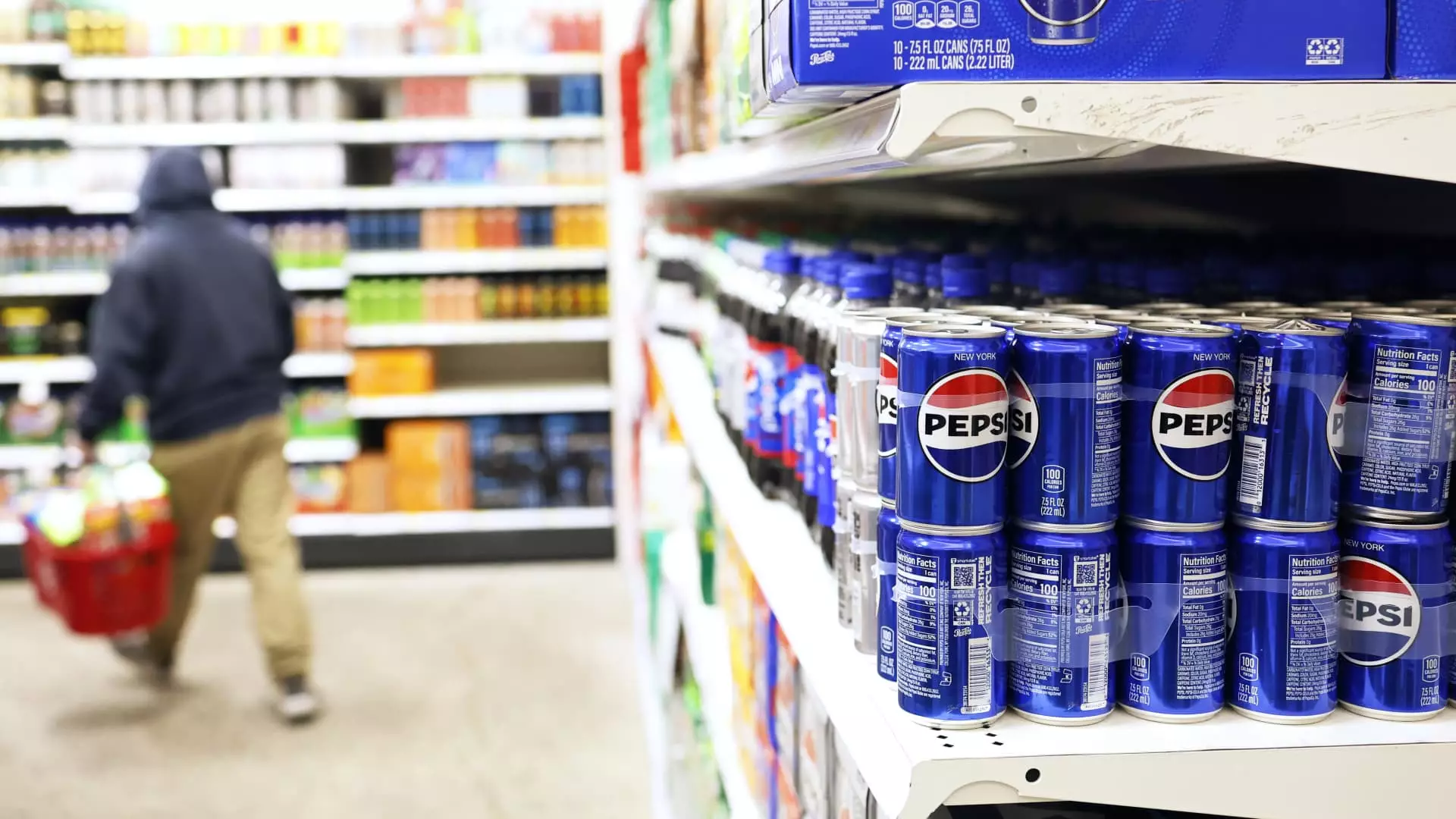On a recent Friday, the Federal Trade Commission (FTC) announced a significant legal action against PepsiCo, accusing the renowned food and beverage corporation of engaging in illegal price discrimination. Specifically, the FTC’s lawsuit claims that PepsiCo offered preferential pricing to a particular retailer—believed to be Walmart—over its competitors, which holds major implications for fair market practices. The complaint cites the violation of the Robinson-Patman Act, enacted to prevent price discrimination that obstructs healthy competition among retailers.
This lawsuit underscores the complexities of pricing strategies in a landscape dominated by a few powerful retailers. With Walmart being the largest retailer in the U.S., the allegations suggest that PepsiCo’s preferential treatment could undermine smaller competitors, ultimately harming consumer choice and inflating prices across the board. The FTC’s claims hinge on the argument that such advantages constituted an unfair market edge, effectively creating an uneven playing field detrimental to other retailers who are unable to negotiate similar terms with Pepsi.
In response, PepsiCo has firmly denied the allegations, framing them as baseless and inconsistent with standard industry practices. The company maintains that its pricing strategies do not favor specific customers and are in accordance with business norms. This pushback reveals the contentious nature of competitive practices within industries where large retailers exert significant influence over suppliers. PepsiCo’s assertion reflects a broader tension in corporate dynamics, where large firms negotiate aggressively, often resulting in disparities that can manifest as price discrimination.
The case’s details are shrouded in legal confidentiality, with substantial portions of the filings redacted. Consequently, the public remains largely uninformed about the specific practices that prompted the FTC’s action. Increasing transparency surrounding the allegations and proceedings may foster a deeper understanding of how such corporate practices can impact consumer prices and market access, ultimately reinforcing or undermining competition.
The legal framework surrounding price discrimination, particularly the Robinson-Patman Act, has experienced periods of rigorous enforcement and notable neglect. Originally passed in 1936 to protect small retailers from predatory pricing practices by larger competitors, its enforcement waned during the deregulatory trends of the 1980s. Recently, however, under the Biden administration, the FTC has revived its commitment to scrutinizing corporate practices, as evidenced by the resurgence of lawsuits aimed at prominent companies.
The timing of this lawsuit, just before a change in leadership at the FTC, raises questions about the continuity of aggressive regulatory oversight. Lina Khan, the current chair known for her progressive stance on antitrust issues, will soon be succeeded by Andrew Ferguson, who has already expressed dissent regarding the Pepsi lawsuit. This transition may influence the regulatory landscape for the foreseeable future, highlighting the political interplay in antitrust enforcement.
As the FTC seeks to lift the redactions in the lawsuit to provide greater clarity, the outcome could serve as a precedent not only for PepsiCo and Walmart but also for the broader corporate sector. A favorable ruling for the FTC may embolden further enforcement actions against other corporations engaging in similar practices, while a ruling in favor of Pepsi could signal less stringent scrutiny of pricing strategies.
The implications of this lawsuit extend beyond the parties directly involved; they touch on critical issues of market fairness, consumer rights, and the intricate relationship between large retailers and manufacturers in shaping pricing structures. Observers will closely monitor developments, as they may well redefine the competitive landscape within the food and beverage industry, impacting pricing strategies and potentially altering the consumer experience.

